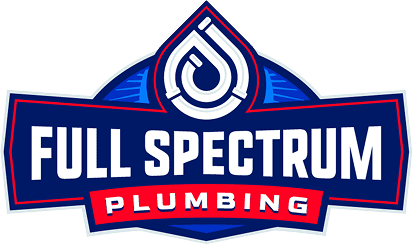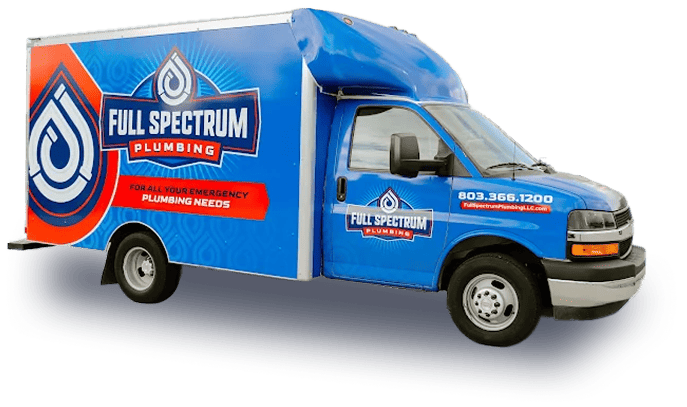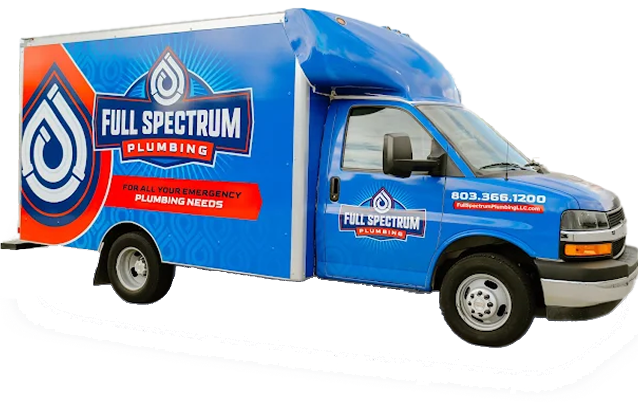Proudly Serving Rock Hill and Surrounding Areas
The Impact of South Carolina’s Hard Water on Plumbing: Treatment Options and Maintenance
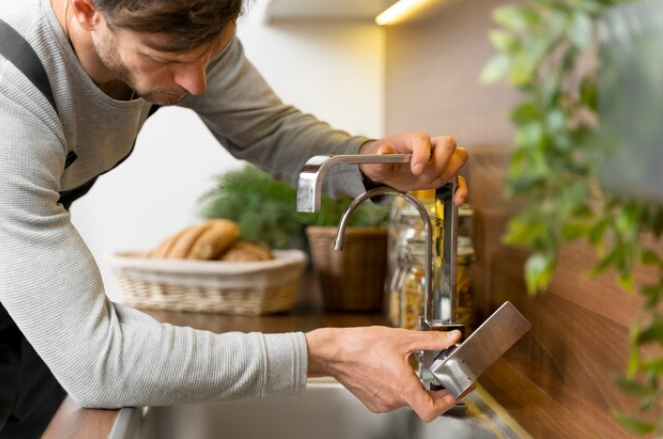
The Impact of South Carolina’s Hard Water on Plumbing: Treatment Options and Maintenance
[/fusion_title][fusion_text hide_on_mobile=”small-visibility,medium-visibility,large-visibility” sticky_display=”normal,sticky” animation_direction=”left” animation_speed=”0.3″ animation_delay=”0″]As homeowners, we often overlook the importance of our plumbing systems. We tend to forget how essential they are for our daily lives. We turn on the faucet or shower without a second thought, expecting clean water to flow freely.
But here’s the thing: not many of us know that the condition of our water plays a big role in the health and lifespan of our plumbing system. If you live in South Carolina, dealing with hard water is a common problem that can really mess up your plumbing.
What Is Hard Water in Plumbing?
Before we can understand the impact of hard water on plumbing, it’s important to first define what exactly hard water is. Basically, hard water is just water that has lots of minerals like calcium and magnesium in it. These minerals are naturally present in the ground and can seep into our water supply as it travels through soil and rock.
Although these minerals won’t harm our health, they can cause damage to our plumbing systems. When hard water passes through pipes and fixtures, it can leave mineral deposits called limescale behind.
When hard water travels through pipes and fixtures, it can leave mineral deposits called limescale. Over time, this buildup can clog pipes, decrease water flow, and even damage appliances like dishwashers and washing machines.
How Does Hard Water Affect Plumbing Systems?
Now that we understand what hard water is, let’s take a closer look at how it affects plumbing systems. Here are some of the most common ways that hard water can cause problems:
- Scale buildup: As mentioned earlier, hard water can leave behind mineral deposits in pipes and fixtures. This scale buildup not only reduces water flow but can also lead to clogs and corrosion.
- Pipe damage: The minerals in hard water can also cause damage to pipes, especially if they are made of copper or galvanized steel. As time goes by, these minerals can gradually eat away at the pipes, making them weaker and prone to leaks, which can eventually cause flooding.
- Appliance damage: Hard water not only affects pipes but can also cause damage to appliances that use water. Appliances like dishwashers and washing machines can accumulate minerals, which can hinder their performance and shorten their lifespan.
- Soap scum: Hard water makes it difficult for soap to lather and dissolve properly, leading to soap scum buildup on bathtubs, sinks, and showers. This not only looks unsightly but also creates a breeding ground for bacteria and mold.
How Do I Protect My Plumbing From Hard Water?
Luckily, there are ways to protect your plumbing from the effects of hard water. Consider these solutions to keep your pipes and fixtures in top condition:
- Install a water softening system: A water softener is a handy device that gets rid of minerals such as calcium and magnesium from your water. This prevents scale buildup and protects your plumbing and appliances. Water softeners come in different sizes and types, so it’s best to consult a professional to determine the right one for your home.
- Use a water filter: You can also consider installing a water filter that removes minerals from hard water. This is especially useful if you only have temporary or occasional issues with hard water. You can find various kinds of water filters, like reverse osmosis systems or activated carbon filters.
- Regularly clean and maintain fixtures: It’s important to regularly clean and maintain your plumbing fixtures to prevent any mineral buildup that can lead to clogs. Use a mixture of vinegar and water or a commercial descaling solution to remove any scale buildup from faucets, showerheads, and shower doors. Also, make sure to check and clean the aerator on your faucets every few months.
- Consider using vinegar in laundry: If you have hard water, using vinegar in your laundry can help soften the water and prevent mineral buildup on your clothes. Simply add half a cup of white vinegar to your wash cycle along with detergent to see a difference.
Treatment Options and Maintenance: What Is The Best Treatment For Hard Water?
Hard water is a common issue in many areas, and South Carolina is no exception. The high mineral content in the state’s water supply makes it particularly hard, causing several problems for plumbing systems.
Treatment Options for Hard Water
There are various treatment options available to combat hard water in your home. The best solution for you may depend on the severity of the issue, budget, and personal preference. Let’s take a closer look at some of these options:
- Water softeners: This is the most common and effective method of treating hard water. Water softeners use a process called ion exchange to remove the minerals from the water, making it softer. These systems can be installed at the point where your water enters your home or at individual fixtures.
- Reverse osmosis: This method uses a semi-permeable membrane to filter out impurities, including minerals, from the water. It is a more complex and expensive option compared to water softeners, but it can effectively remove even the smallest particles from your water.
- Magnetic or electronic descalers: These devices emit an electromagnetic field that alters the structure of the minerals in hard water, preventing them from causing any damage to your plumbing. While these systems may not completely remove the minerals, they can reduce their effects.
- Chemical treatments: There are various chemical treatments available in the market that can help combat hard water. Some popular options include using citric acid, vinegar, or specialized cleaners to remove the minerals from your plumbing fixtures.
Maintaining Your Plumbing Against Hard Water
While treatment options can effectively combat hard water, it is also crucial to maintain your plumbing to prevent any issues from arising. Here are a few tips to help you protect your plumbing against hard water:
- Regular cleaning: Mineral buildup can lead to clogs and other plumbing problems. Make sure to clean your fixtures regularly with a mild cleaner or use a mixture of equal parts vinegar and water as a natural alternative.
- Flush out sediments: Over time, mineral deposits can accumulate in your plumbing system, causing blockages and reduced water flow. Flushing out your pipes with hot water once or twice a year can help prevent this buildup.
- Inspect for leaks: Hard water can cause corrosion and wear on certain materials used in plumbing systems. Regularly check for any leaks or signs of damage to prevent further issues.
The impact of hard water on plumbing systems can be significant and costly. However, with various treatment options available in the market and proper maintenance practices, you can protect your plumbing from the damaging effects of hard water.
By understanding what hard water is and its effects on your plumbing, you can take proactive measures to ensure the longevity of your home’s plumbing system.
If you are currently facing issues with hard water in your home, don’t hesitate to reach out to us at Full Spectrum Plumbing Services who can provide further guidance and help you find the best treatment solution for your specific needs. Call us to schedule your appointment!
[/fusion_text][/fusion_builder_column][/fusion_builder_row][/fusion_builder_container]Recent Posts
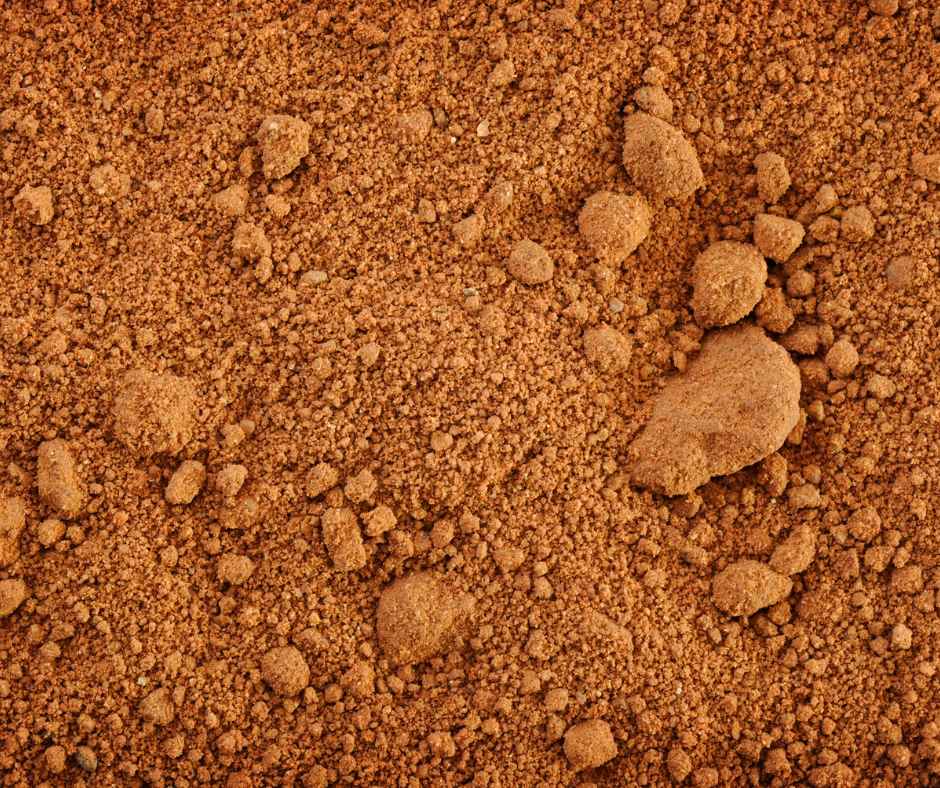
The Hidden Effects of Carolina Clay Soil on Your Sewer Line

Common Plumbing Problems Charlotte Homeowners Face Each Year

How Charlotte NC Residents Can Protect Their Homes From Winter Pipe Damage
Have a Question?
